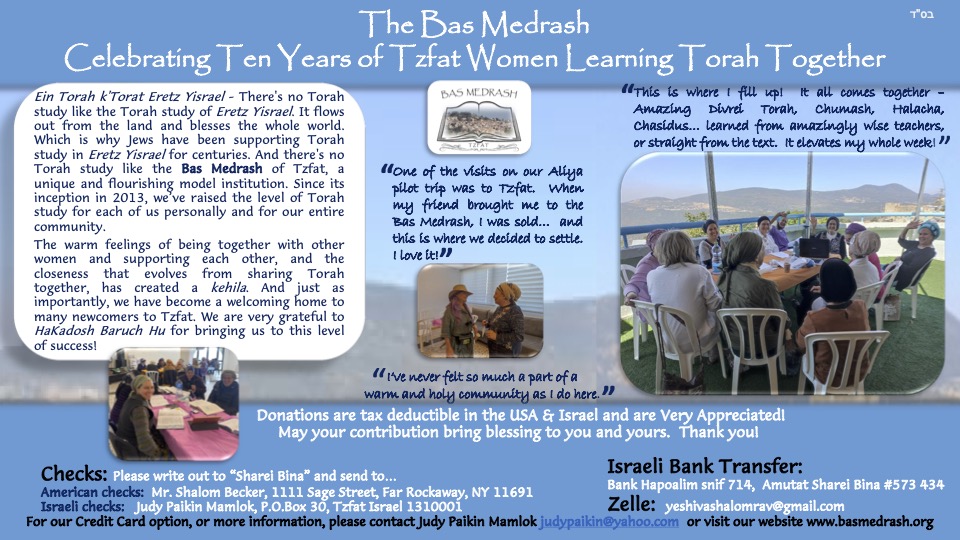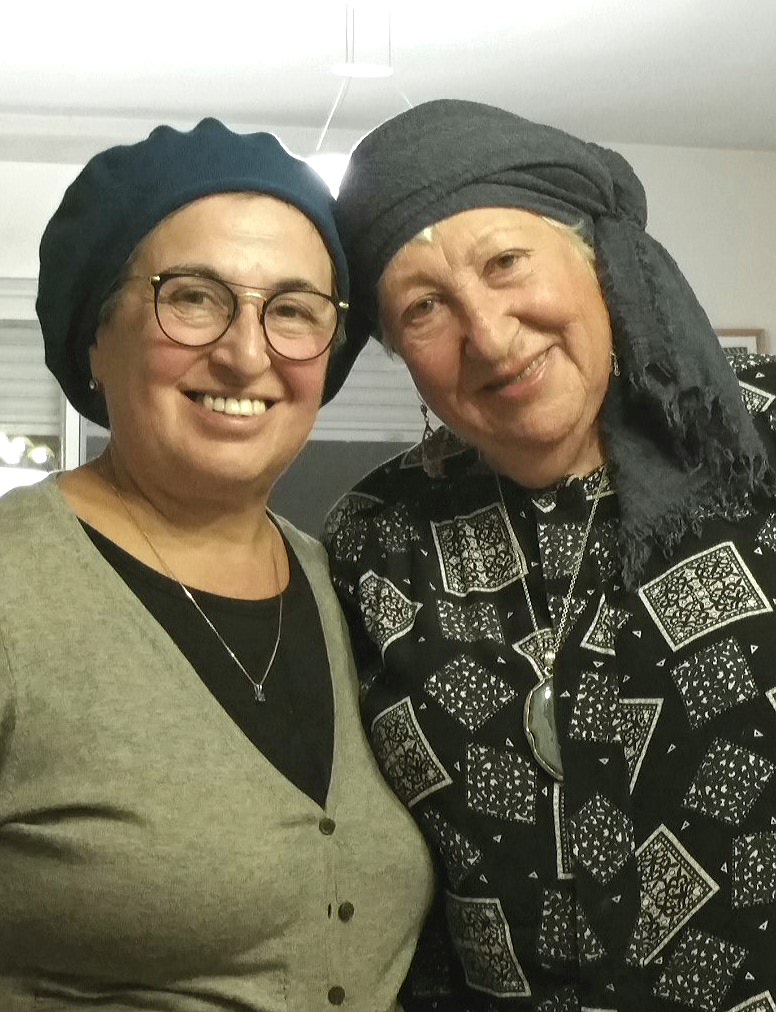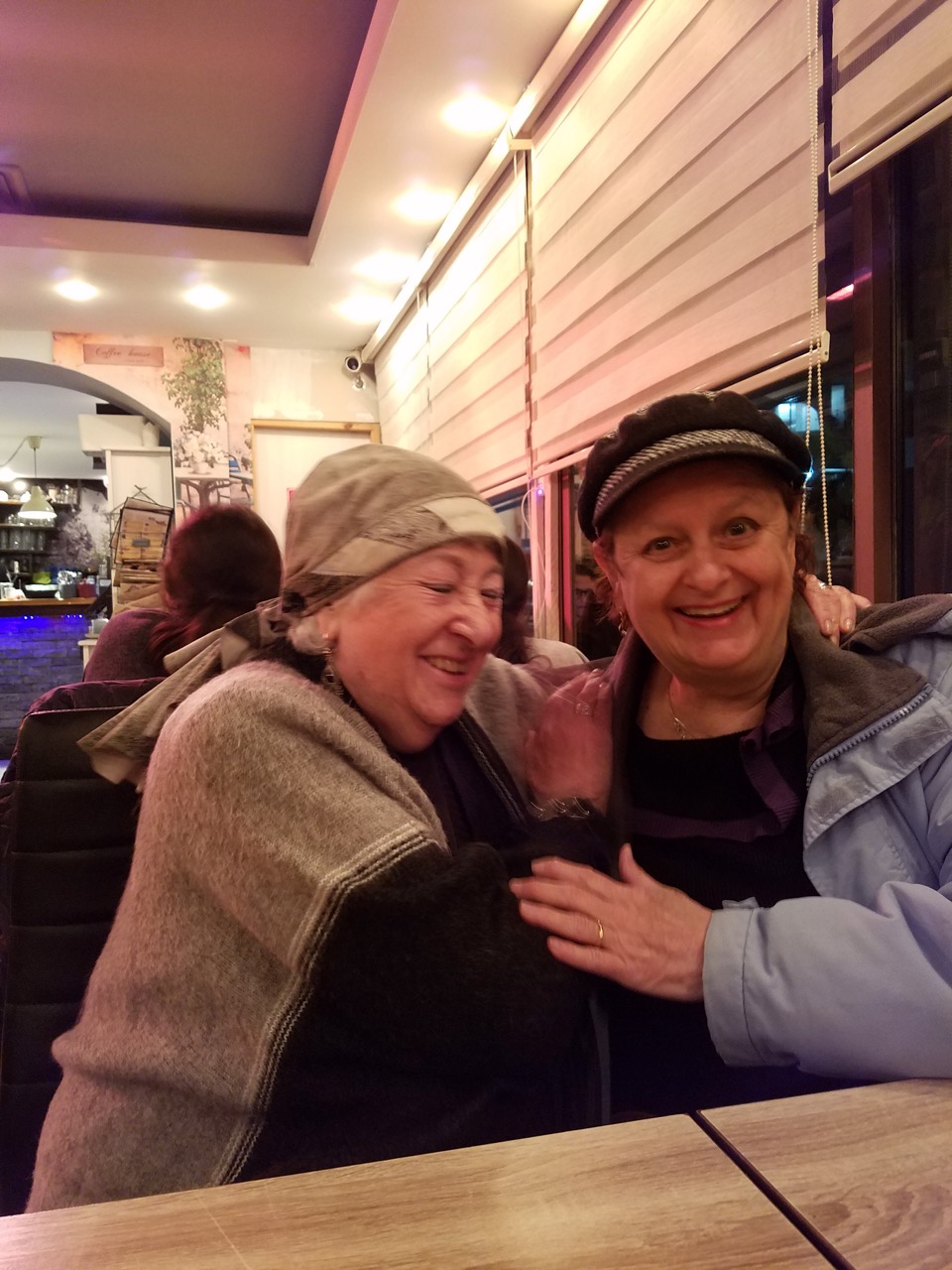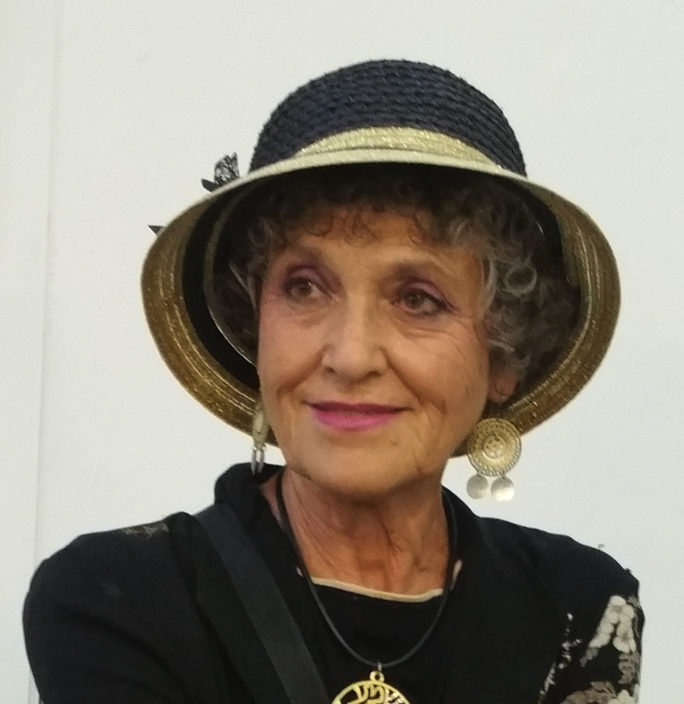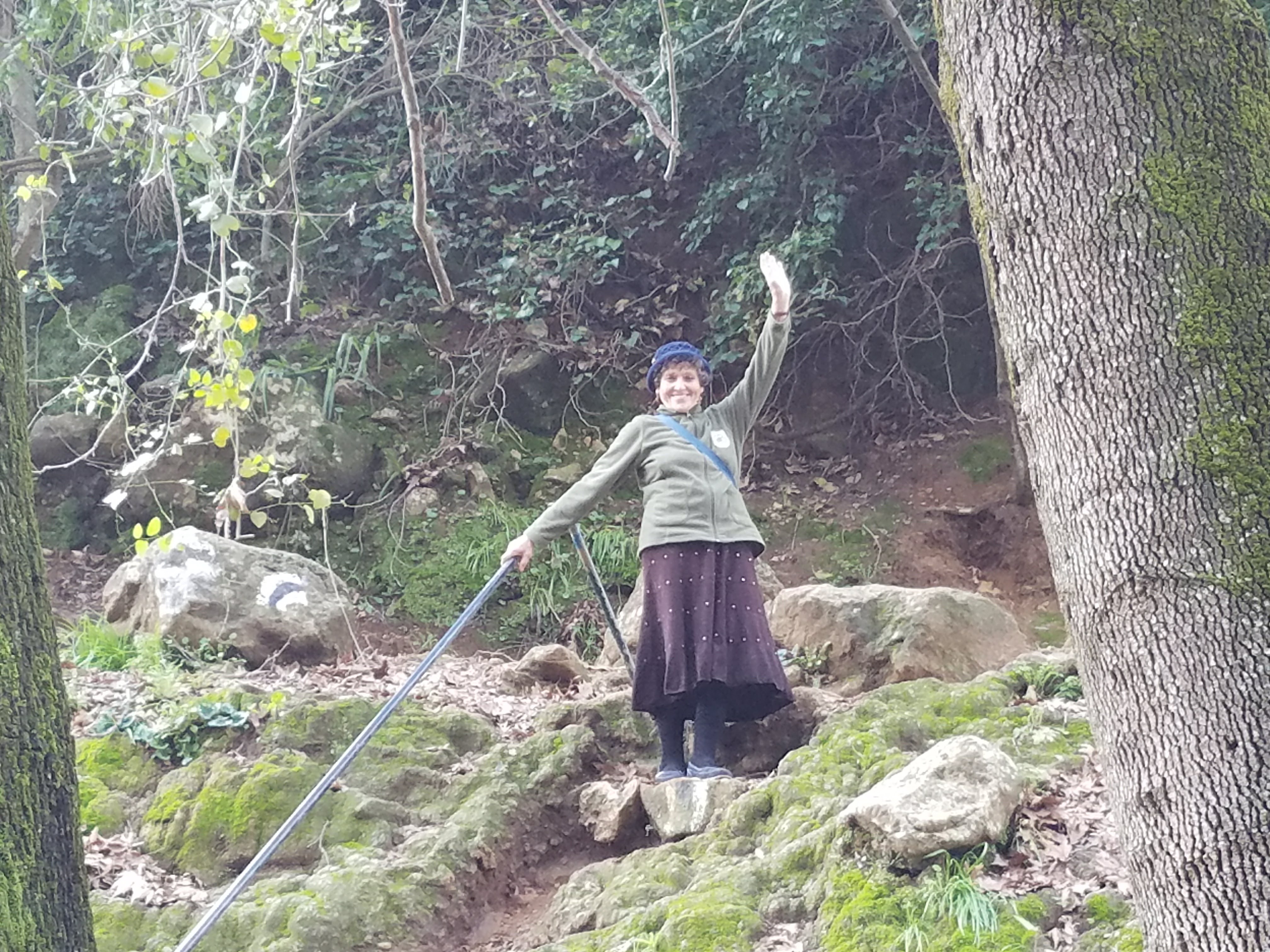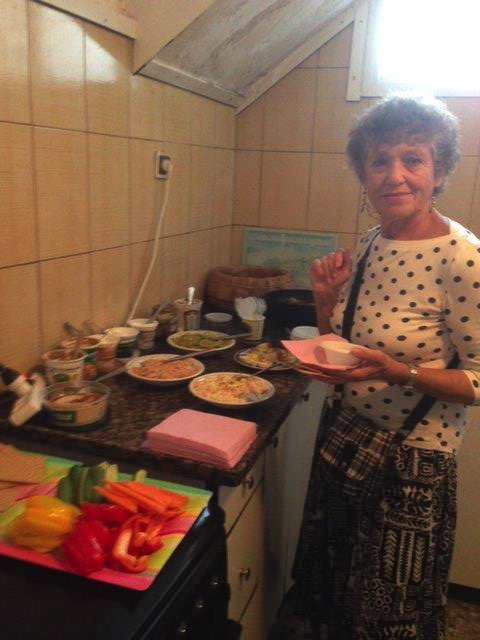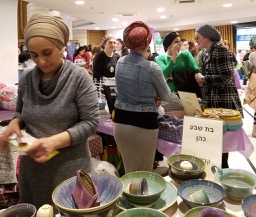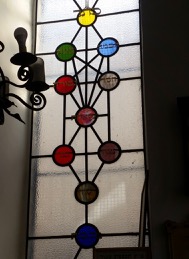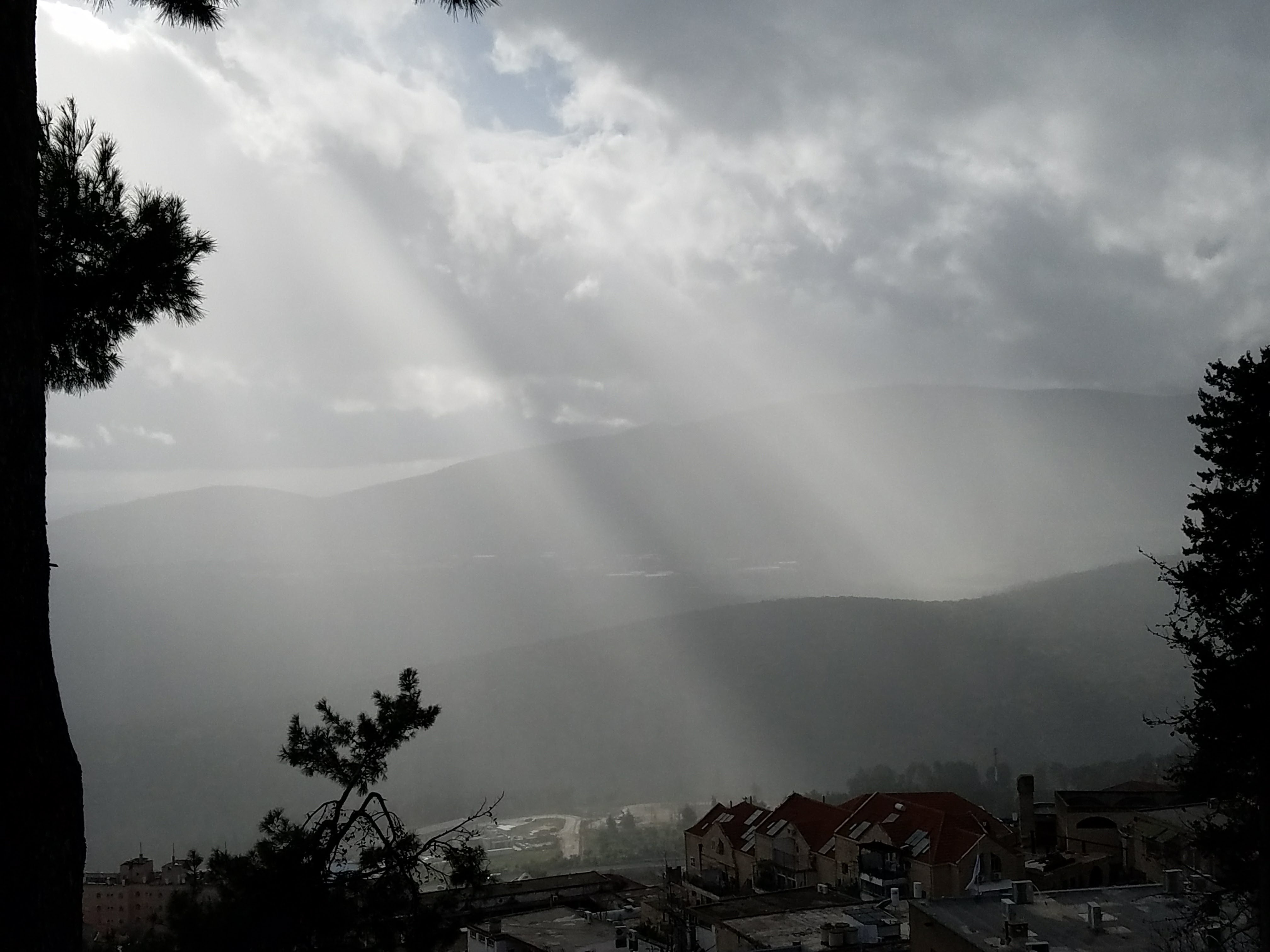
A day before the Memorial Day I did a big produce shopping in anticipation of an Independence Day which follows it. There is a very popular produce store in Tzfat own by Y, and they deliver. It is the store where I usually do my big grocery shopping. But this time the delivery didn’t come. Neither it came in the morning. At 11 am a women called. “Are you Leah?” “Yes.” “I am Leah too, and they left your shopping by my door." I am a frequent customer at Y. store, and they know me well. Another Leah lives on my street a few buildings down. Why did they deposited my shopping at her door? They knew my address.
I called Y. “Don’t worry, I will send somebody to bring the shopping to you.”
This was a beginning of my very memorable Israel Memorial Day. It was 12pm, and I have invited my friend Rivka and her husband for lunch. Expecting my delivery, I wanted to see whether it was left outside my door. I tried to open the door - it didn’t budge. I tried harder, and harder. It did not help. What can I do? Rivka can come any time now and I am locked down! I heard voices outside my door - my dear next door neighbor Hadassa was there. By the way, nobody in my building speaks English. It is a big problem for me since my Ivrit is very so-so. In this stressful situation my tiny Ivrit became activated. “Wait!”- Hadassa shouted.
We needed a translator. Hadassa called another neighbor - Yael who used to live in our building and moved away. We spoke on the phone, all three of us. Hadassa spoke to Yael in Ivrit, Yael translated it to me, then translated to Hadassa what I said. “You need a locksmith, It costs 500 shekels.” “500??? I will call my locksmith.” It took a few minutes for me to realize I did not have my locksmith's telephone number, but at that very moment there was a knock on the door. In a good English a man said: “I am a locksmith. How much are you willing to pay?” ”300 shekels.” Fine. Can I come to your apartment through the window?“ "I live on a second floor. Do you have a ladder?” Then I heard Hadassa’s voice: “Through the kitchen window!”
Our kitchen windows are about 2 meters apart. The balcony underneath is for drying laundry only, but there is a concrete step about 30 cm wide that runs along the wall. The locksmith crawled from Hadassa’s kitchen window, moving slowly along the step with hands on the wall to my window, and I pulled him inside. He removed the door and started fixing it. My neighbors and their children were looking at what the locksmith was doing. Then I saw a tall Hassidic man in black hat and a black coat. “Mayim!” he said , “Mayim!” (Water!) ”Do you want a cup of water?“- I asked. In perfect English, the man said: “Water is running in your apartment. Is your washing machine running?” I returned to the kitchen. The water was running into my kitchen sink. It almost reached the brim. In a few more minutes there would be flood in the apartment. I wanted to say “Thank you” to the man, but he was gone.
The locksmith finished his work, and charged only 200 shekels. Then there was a knock on my door- my shopping delivery. Then it was another knock on the door- my friend Rivka and her husband came for lunch. It was at 1pm – exactly the time they were invited. It is remarkable, that all these events happened in less than two hours timeframe. About an hour later Y. called : “we will bring your shopping.” ”Thank you. It has already been delivered.”
Nothing could surprise me anymore on that very memorable Israel Memorial Day.
By Leah Zolotarev
April 2021
